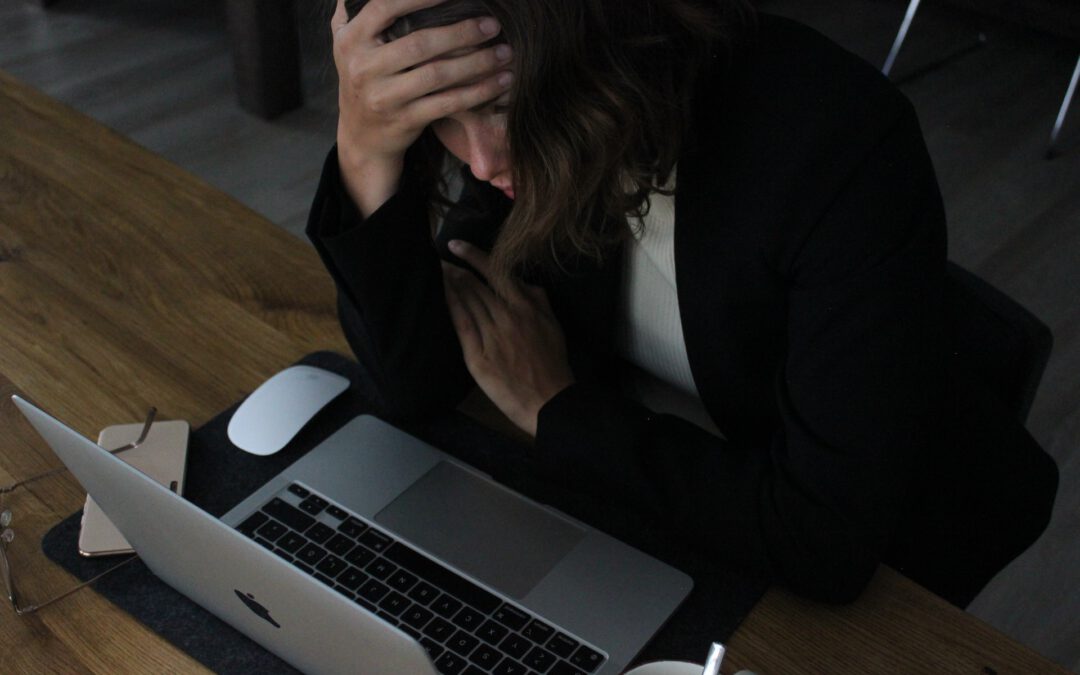If you’re feeling overwhelmed, exhausted, and unable to cope, you may be experiencing burnout. This can occur when you feel like you’re giving more than you’re receiving, whether at your job, in your relationships, or other areas of your life.
What Are the Signs of Possible Burnout?
The term “burnout” is often used to describe a state of physical or mental exhaustion caused by prolonged periods of stress. While the exact symptoms of burnout can vary from person to person, they often include feelings of fatigue, irritability, frustration, and apathy.
Many signs can indicate someone is experiencing burnout. These signs can be physical, emotional, mental, and behavioral.
-
Physical Signs
The physical signs of burnout include fatigue, muscle aches and pains, headaches, and gastrointestinal issues. You may also find yourself feeling exhausted all the time.
-
Emotional Signs
There are also emotional signs of burnout. Some of the most common ones include: feeling overwhelmed, feeling drained, feeling hopeless, feeling disconnected, and feeling like you’re not good enough.
When you’re experiencing burnout, it can feel like you’re constantly running on empty. You may feel like you’re never doing enough, even though you’re always working. You may also feel hopeless and helpless like there’s no way out. And you may start to feel disconnected from the things and people you used to enjoy.
-
Behavioral Signs
There are several behavioral signs of burnout. First, you may feel overly tired, even after a good night’s sleep. You may also find concentrating or focusing on tasks hard and get easily irritable. You may also start to withdraw from social activities and feel increasingly isolated.
If you are experiencing any severe symptoms, it is vital to seek help from a doctor or mental health professional. This is because you could be experiencing depression and anxiety.
How Does Being Burn Out Affect Your Daily Life?
Many of us have experienced being burned out at some point in our lives. It can be so debilitating that it interferes with us daily. So how does being burned out affect our daily lives?
For starters, when burned out, people usually are not operating at their full potential. They may have trouble getting out of bed in the morning or difficulty concentrating on tasks throughout the day. Productivity levels may suffer and may start making more mistakes than usual.
In addition to affecting work performance, being burned out can also take a toll on personal life. It may make you withdraw from social activities, and your relationships may suffer, making you more prone to anxiety and depression.
What to Do If You’re Burned Out?
If you are feeling burnt out, it is crucial to take some time for yourself to relax and rejuvenate. Get enough rest when you are feeling burnt out. Make sure to get at least 7-8 hours of sleep each night.
Do exercises as it releases endorphins, which have mood-boosting effects. A moderate amount of exercise is the key; too much can make you feel worse. Take up a hobby. Doing something you enjoy will help take your mind off of whatever is causing your stress.
If you’re still struggling after taking some time for yourself, it may be time to seek professional help. A therapist can help you identify the source of your stress and develop a plan to manage it.
Conclusion
The takeaway from all this is that burnout is real and can have significant consequences for our health, relationships, and work. If you’re feeling burned out, it’s essential to take some time to figure out what’s going on and how to take care of yourself.
Talk to a psychotherapist in Long Island, NY, to help you make significant steps to get out of burnout. Sarah J. Person, LCSW-R, can help you on your path to happiness and fulfillment in your life. Contact us for a consultation today!


